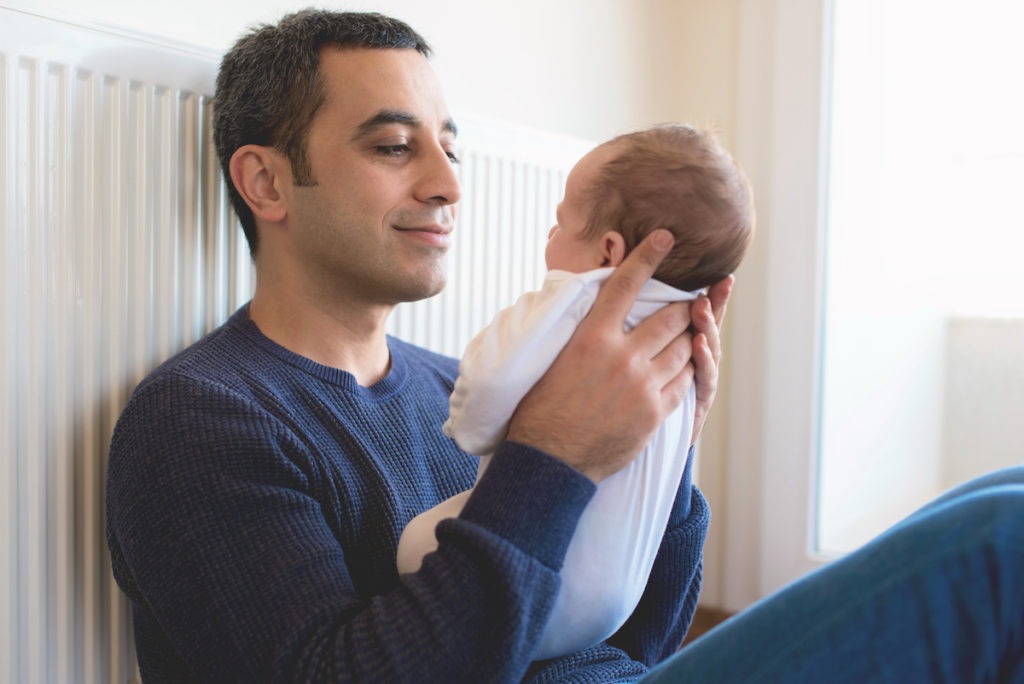It has been just over a year since ING became the first bank in Australia to significantly shake up its paid parental leave policy and offer 14 weeks of paid leave to ALL new parents, removing ‘primary’ and ‘secondary’ carer labels in the process.
While ING could never have predicted just what was to come with a pandemic requiring employees to work from home and in many cases leave structured caring arrangements behind, the shifted parental leave policy certainly came at a good time.
The number of ING dads taking more than two weeks’ leave has increased fourfold since August 2019, rising to 40 dads taking the time off to be with a new child, from 10 in 2019.
On the one year anniversary, ING has also released new research surveying 400 parents who have been on parental leave during the pandemic, with three quarters of them women.
They found that one third (33 per cent) of partners of primary caregivers said their leave wasn’t enough to support their partner after their baby was born. Forty per cent said they felt torn between work and family commitments during COVID-19.
The majority of parents also noted feelings of isolation, a lack of downtime from parenthood and conerns over a lack of contact with family and friends.
On the changing perceptions of flexible work, this small survey sample did suggest at least some shifts have occurred — although certainly not enough.
Three in ten fathers surveyed said that a more flexible workplace has made them more likely to request paid parental leave in the future. We would have hoped for more — but ultimately we need more fathers to simply expect to be able to access such leave with more employers proudly offering it, especially when the government scheme remains inadequate.
One third of fathers said their boss is “more understanding” and “more compassionate” after seeing their family life on video calls. The other two thirds of fathers? That’s a concern.
ING’s policy offers all parents who have been with the business for more than 12 months the option to take the 14 weeks of paid leave all at once, or at a time that’s convenient to them within the first two years.
Coinciding with the policy last year, ING also released the findings of a survey of more than 1000 Australians, with 69 per cent stating that they believe ‘primary’ and ‘secondary’ labels promote unequal levels of caregiving work, and three quarters want paid parental leave equality.
That 2019 survey also found that half of respondents (50 per cent) said they would feel less justified in asking for paid parental leave as a ‘secondary’ career.

